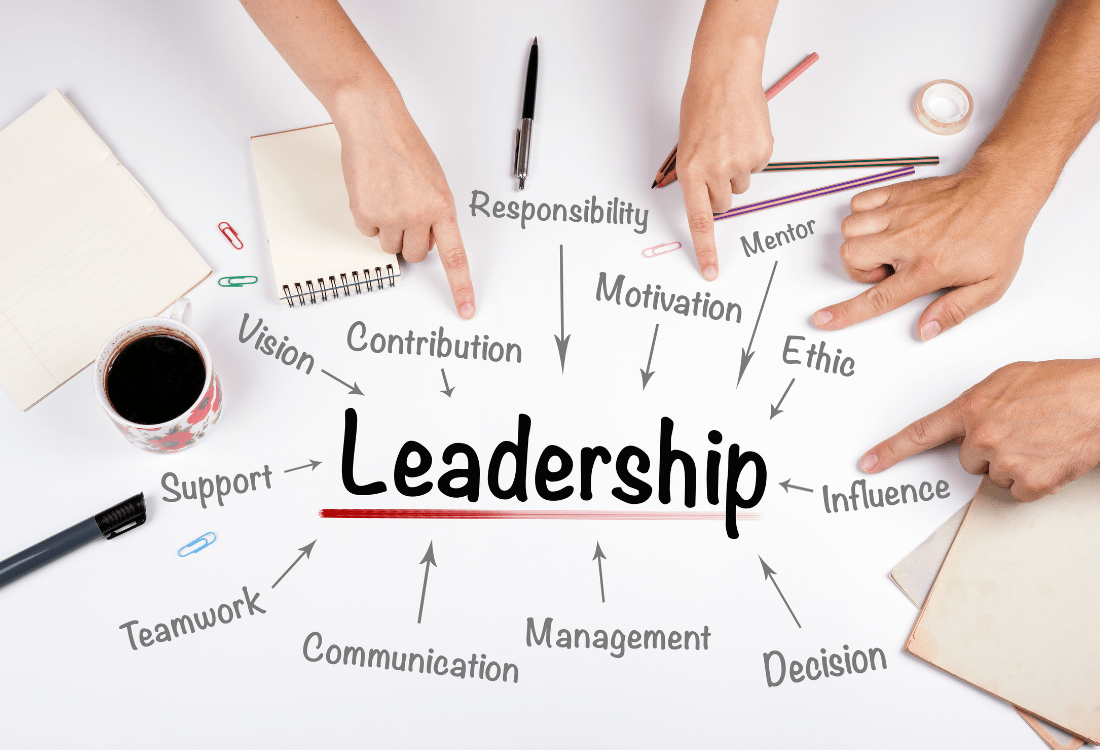What is developing leadership? Developing leadership is a relational, whole-system capability that creates conditions for collective performance through clarity of purpose, trust, psychological safety, and shared accountability—not just individual skill development.
Good leadership takes more than a single person. 'No man is an island', as John Donne observed, reflecting the interconnectedness of humanity. The same principle applies to corporate environments. The system surrounding leaders impacts their effectiveness as much as their own experience, traits, and personalities.
What leaders do, how they show up, the environment they create, and the system that contains all of this—matters significantly for organisational success.
The Reality of Leadership Impact on Team Performance
The quality of team leadership remains the single most important factor in team performance, development, and wellbeing. Research by Gallup demonstrates that great team leaders can increase profitability by 48%, whilst also highlighting that over 50% of those leaving an organisation cite poor management as their primary reason for departure.
This data underscores a critical question: how do you define 'leadership' and therefore build organisational capability to develop it effectively?
What Does Developing Leadership Actually Mean in Practice?
At Centre for Teams, we view developing leadership as a relational, whole-system capability—not a badge earned once you receive a job title. Our leadership philosophy centres on "teamship": leaders create the conditions for collective performance through clarity of purpose, trust, psychological safety, learning loops, and shared accountability. Leadership becomes something the team does together with their leader.
This approach reframes leadership development as an embedded, ongoing practice built through dialogue, feedback, and real work—not a one-off training course or management development programme.
The Academic Foundation For Modern Leadership Development
Leading scholars support this systems approach to developing leadership. Day (2000; Day, Fleenor, Atwater, Sturm, & McKee, 2014) differentiates leader development (building individual human capital) from leadership development (creating social capital through relationships). This distinction proves crucial for organisations designing leadership training programmes.
DeRue and Ashford (2010) demonstrate that becoming a leader involves an identity process negotiated through everyday interactions, not simply acquiring management skills. This research highlights why developing leadership capability requires ongoing practice rather than traditional leadership development courses.
For team environments, Edmondson's (1999) ground-breaking work on psychological safety explains why people must feel secure to challenge ideas and experiment if they're to exercise leadership collectively. Without psychological safety, even the best leadership development programmes fail to create lasting change.
Hackman (2002) identifies enabling team conditions—compelling purpose, the right people, sound structure, supportive context, and expert coaching—as practical levers leaders can influence. These conditions form the foundation for sustainable leadership development within teams.
Building Leadership Ecosystems in Organisations
Schein (2010) reminds us that "the way we do things around here" often overrides good intentions, making culture work inseparable from leadership work. This insight proves essential for organisations seeking to embed developing leadership practices throughout their systems.
Modern leadership development must therefore focus on equipping leaders to orchestrate conditions rather than simply make decisions. When capability, responsibility, and insight become widely shared, performance, learning, and wellbeing advance together sustainably.
Key Elements of Effective Leadership Development
Successfully developing leadership in modern organisations requires attention to several interconnected elements:
Relational Focus: Leadership development programmes must prioritise building social capital and trust between team members, not just individual leadership skills.
Systems Thinking: Leaders need to understand how their actions impact the broader organisational ecosystem and create conditions for collective success.
Ongoing Practice: Rather than one-time training events, developing leadership requires embedded practices that happen through daily work, feedback, and dialogue.
Shared Accountability: Effective leadership development distributes responsibility across teams whilst maintaining clear accountability structures.
Cultural Integration: Leadership development initiatives must align with and actively shape organisational culture to achieve lasting impact.
The Future of Developing Leadership
The evidence clearly demonstrates that developing leadership today means moving beyond traditional individual-focused approaches. Organisations that successfully develop leadership capability create systems where leadership emerges at every level through shared purpose, psychological safety, and collective accountability.
This systems approach to leadership development represents not just a theoretical shift, but a practical necessity for organisations navigating increasing complexity and change. When we redefine developing leadership as a whole-system capability, we unlock the potential for sustained high performance, continuous learning, and enhanced wellbeing across teams and organisations.
References
Day, D. V. (2000). Leadership development: A review in context. The Leadership Quarterly, 11(4), 581–613.
Day, D. V., Fleenor, J. W., Atwater, L. E., Sturm, R. E., & McKee, R. A. (2014). Advances in leader and leadership development. The Leadership Quarterly, 25(1), 63–82.
DeRue, D. S., & Ashford, S. J. (2010). Who will lead and who will follow? Academy of Management Review, 35(4), 627–647.
Edmondson, A. (1999). Psychological safety and learning behavior in work teams. Administrative Science Quarterly, 44(2), 350–383.
Hackman, J. R. (2002). Leading Teams: Setting the Stage for Great Performances. Harvard Business School Press.
Schein, E. H. (2010). Organizational Culture and Leadership (4th ed.). Jossey-Bass.
Image Source: Canva
You May Also Like
These Related Stories

Developing Leadership Capability: Why Leadership Skills Matter As Much As A Leadership 'Mindset'

How Do Leaders Improve Team Dynamics?



No Comments Yet
Let us know what you think